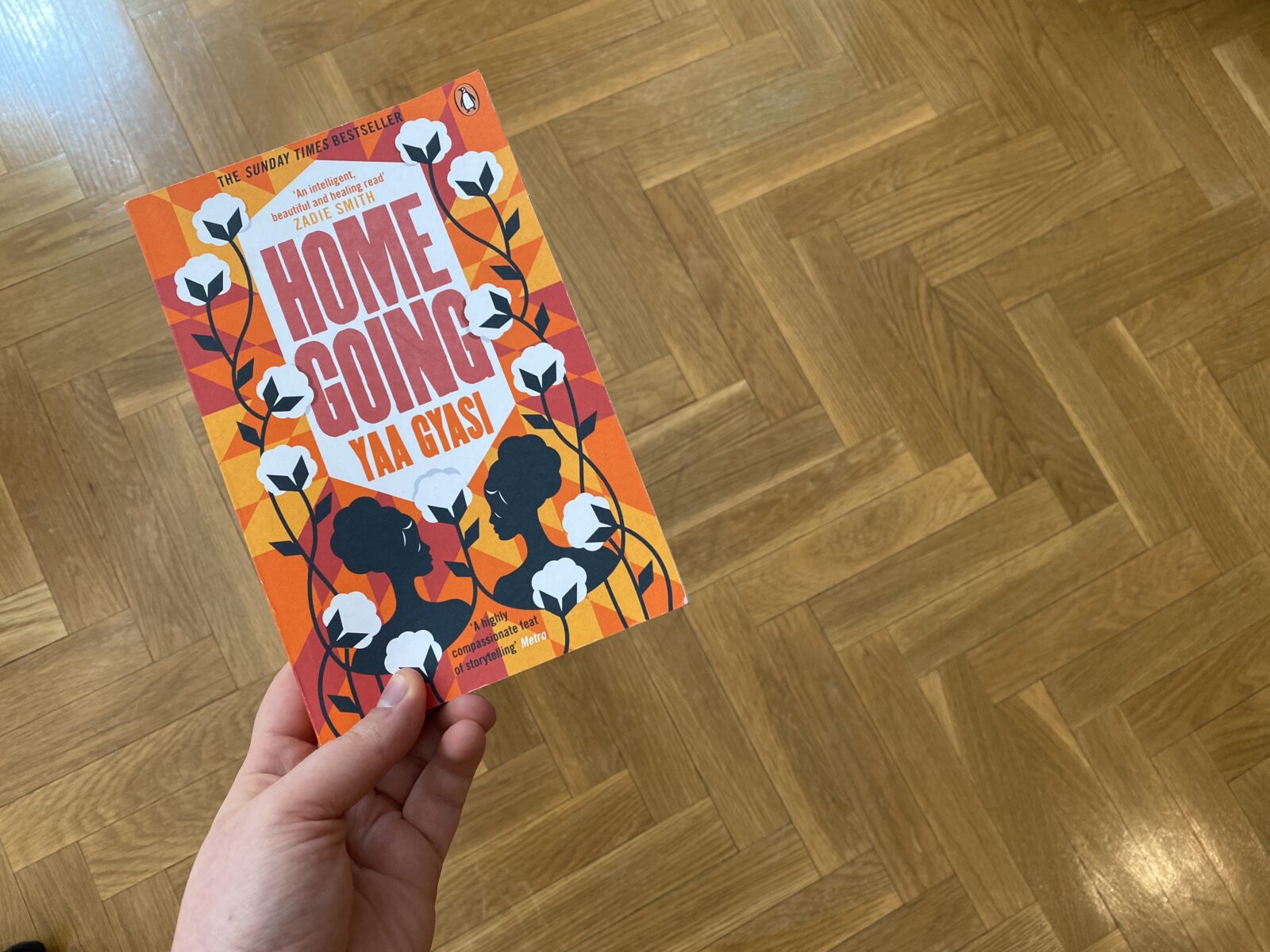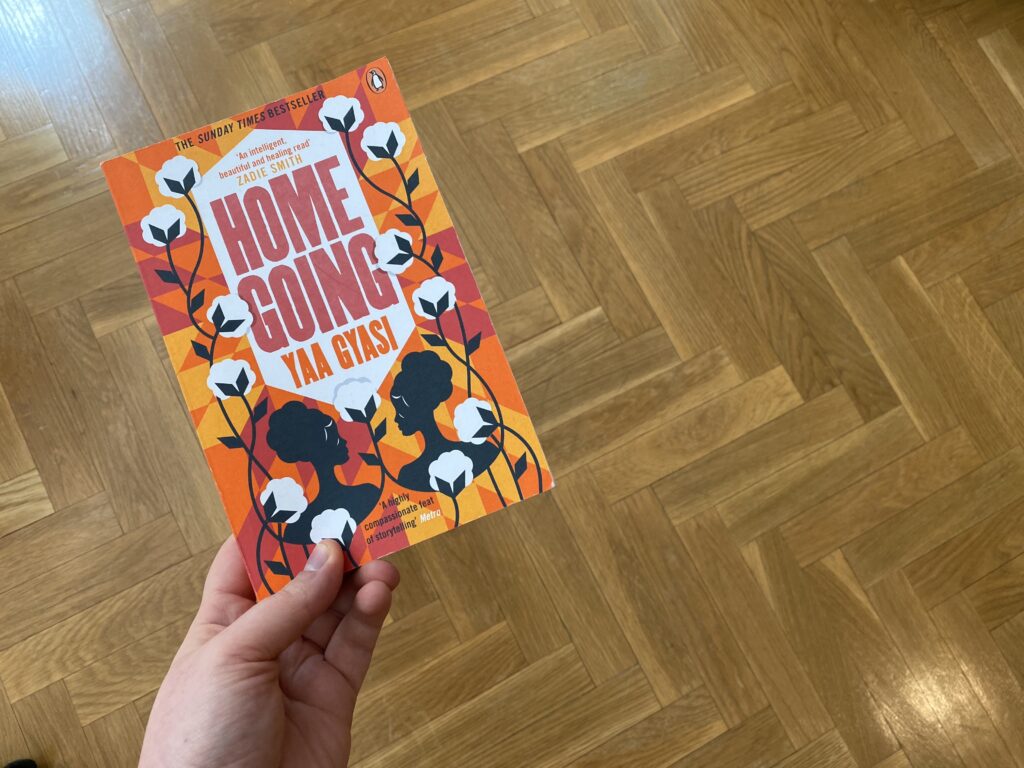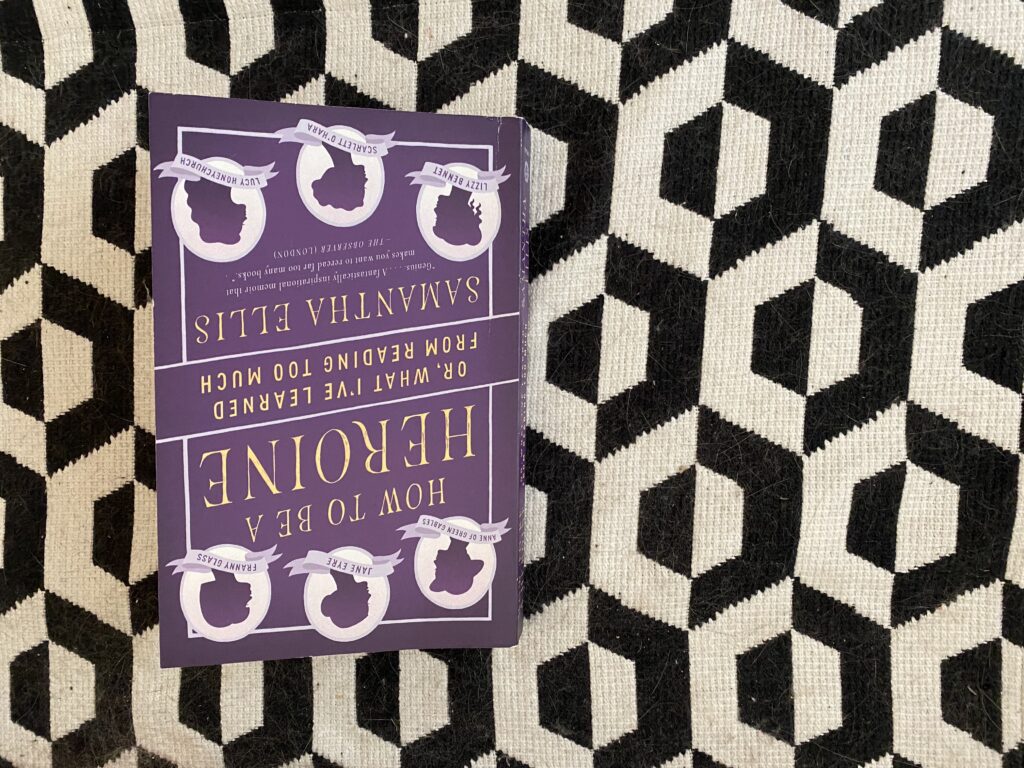Homegoing, Yaa Gyasi
Homegoing was fabulous—incredibly sad at times and joyous at others, and always riveting. It follows the descendants of two sisters from the Gold Coast, now Ghana; one who is sold into slavery and the other who is forced to marry a slave trader. Each subsequent chapter is devoted to one of their descendants, and follows them on their paths to the United States and around Ghana, until finally, the descendants who live in the present happen to meet in the U.S. at a party, and eventually travel back to Ghana together to research the American descendant’s history. This unequalled narrative demonstrates how much of life is coincidence, how much we owe to our ancestors, and how much of our ancestors’ trauma we still carry within us. I was shocked to realize that Homegoing was not even longlisted for the Women’s Prize, which to me is a huge snub, especially seeing as how her newest novel, Transcendent Kingdom, is currently on the short list for this year’s prize. Maybe they are trying to rectify their past errors—let’s hope so!
How to Be a Heroine: Or, What I’ve Learned from Reading too Much, Samantha Ellis
Samantha Ellis created her book using a unique concept: she reread all her favorite books from childhood and adolescence with a feminist gaze in order to determine if they had helped her become a ‘heroine’ in her own life. She analyzed The Little Mermaid, Anne of Green Gables, Pride and Prejudice, Gone With the Wind, Franny and Zoey, The Bell Jar, A Room with a View, Wuthering Heights, Valley of the Dolls, Cold Comfort Farm, and The Thousand and One Nights, among many others, and you can more or less guess what she found: The Little Mermaid is terribly misogynistic, along with everything else Disney touches; the books written by men treat women terribly; and the books by women are more or less okay, it depends more on the time period than anything else. While I have read most of the books she talked about, and added a few to my list, her analysis was overshadowed by her heavy description of book plots and character names. A reader does not an analyst make. And where she did heavily analyze, I often found myself disagreeing with her ideas, especially when she seemed to cherry-pick what information to include (and thus analyze) about the authors’ lives and how that affected their writing. She wrote about the books and her life chronologically, and the details she included about her own life were perhaps the most interesting part of her book, and it would have been nice to have more of that.


